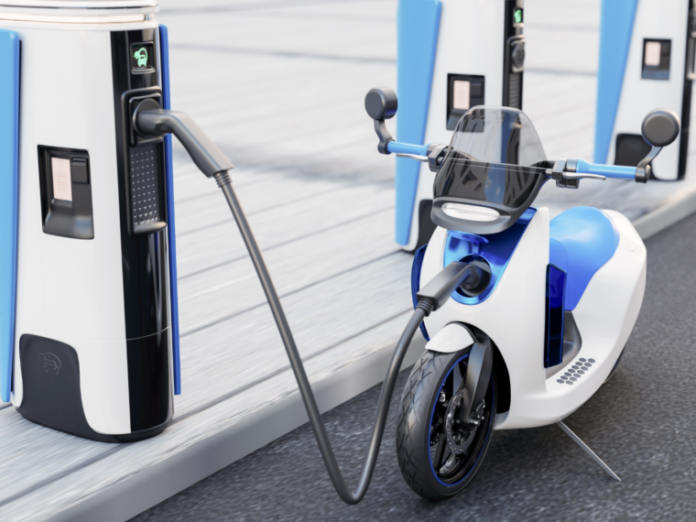According to the Society of Manufacturers of Electric Vehicles (SMEV), the electric two-wheeler industry, which sold 73,945 units in May and accounts for nearly 62% of the overall electric vehicle (EV) industry, will likely be impacted by the subsidy reductions to the Faster Adoption and Manufacturing of (Hybrid &) Electric Vehicles in India (FAME II) programme that goes into effect today.
The reductions in subsidies were announced by the Ministry of Heavy Industries (MHI) last month. The change was made in light of the government’s choice to reallocate an additional Rs 1,500 crore from the FAME II programme to the E2W segment. Prices for EVs already show the impact. Ola Electric upped pricing by Rs 15,000 for all scooters, while Matter increased costs by Rs 30,000 for electric bikes. The cost of Ather Energy’s electric scooters has also increased by between Rs 25,000 and 30,000. It’s predicted that more businesses would do the same.

Director General of SMEV Sohinder Gill says that a gradual transition with ongoing subsidies would have been ideal to enable market expansion and meet the benchmark of 20% EV adoption (now at just 4.9%) before withdrawing customer subsidies. Industry insiders claim that the abrupt drop may cause EV adoption to drastically decline.
EV manufacturers claim that despite the government’s efforts to expand the market for electric two-wheelers, the reduction in subsidies will be extremely difficult for the young sector. “It might have an adverse effect on sales of electric two-wheelers, impeding their expansion and uptake in the nation. While the government wants to promote market expansion, this action could hinder the uptake of electric mobility, according to Ayush Lohia, CEO of Lohia Auto, a well-known manufacturer of electric rickshaws.

The success of the electric two-wheeler market must be supported consistently throughout these critical early phases in order to boost consumer trust. We implore the administration to reevaluate this choice and give long-term sustainability priority above immediate advantages,” he says.
The industry claims that even while the reduction in subsidies may initially result in higher pricing for electric two-wheelers, overall consumer costs will be significantly reduced as a result. Globally, nations like China have effectively reduced subsidies with no effect on the uptake of EVs. The China Association of Automobile Manufacturers reported that during the seven years in which China phased out its EV subsidies, sales of EVs increased significantly in the seventh year after each rollback, despite a decline in the first month following each rollback.


